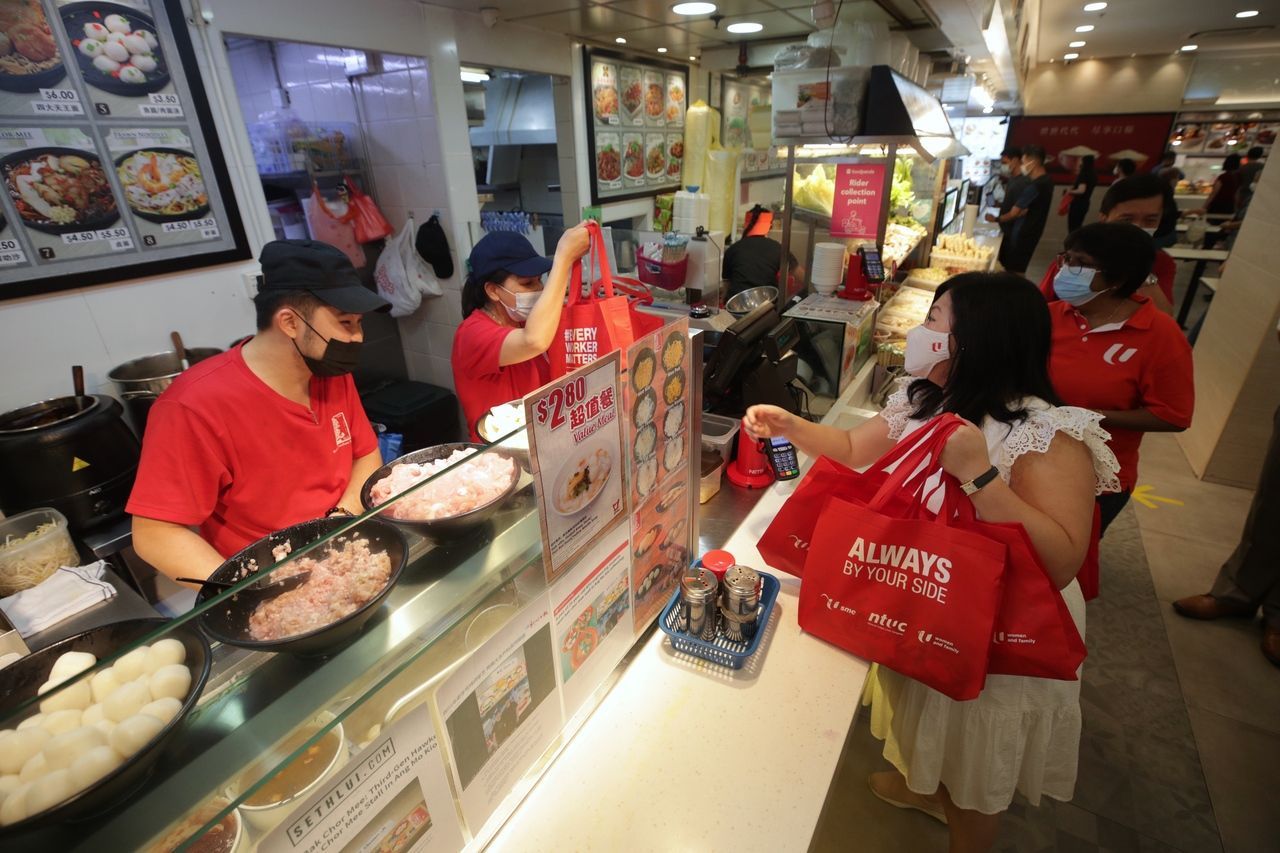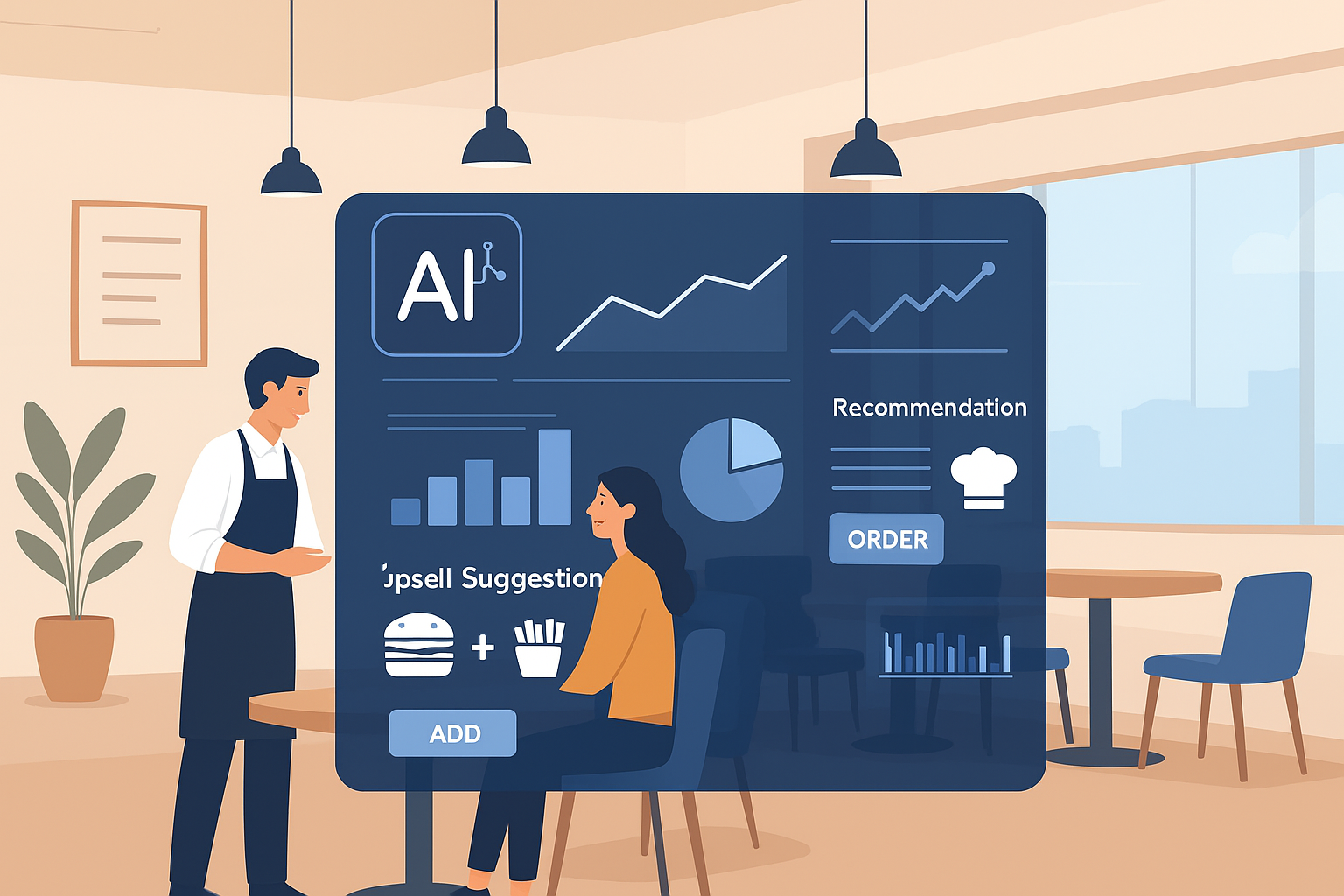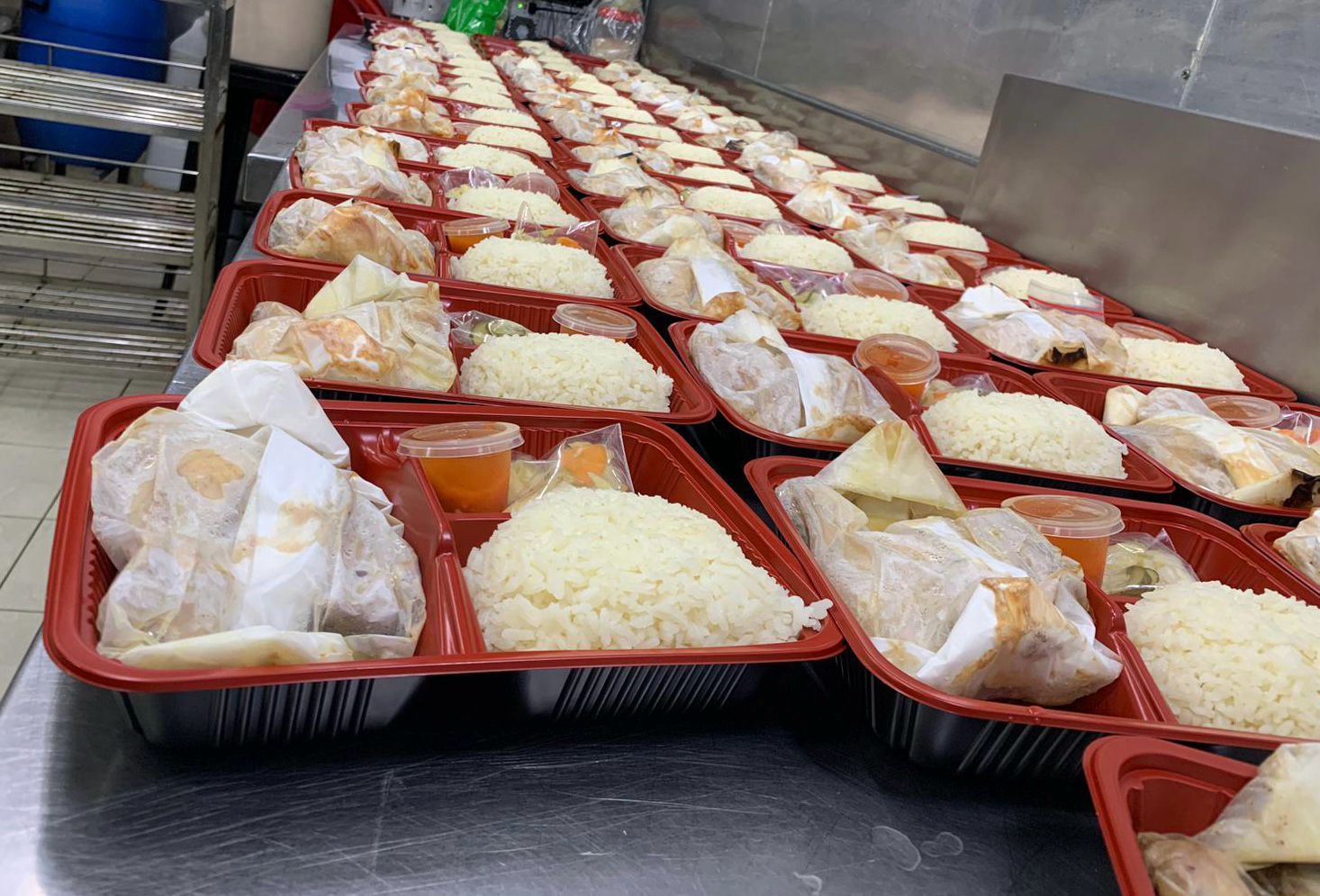What is CRM and how it helps you F&B, Retail or Salon business
In today's competitive business landscape, the ability to retain your existing customers and get them to spend with you again is essential. Customer relationship management (CRM) has emerged as a pivotal tool for fostering customer loyalty and enhancing overall business success. This article will help you understand CRM, exploring its significance in Food & Beverage (F&B), Retail, and Salon industries.
Understanding CRM
Customer Relationship Management, commonly known as CRM, is a strategic approach that businesses adopt to manage and analyze interactions with their customers throughout the customer lifecycle. The primary goal is to improve customer retention, streamline processes, and drive sustainable growth.
F&B CRM: Nurturing Palate and Loyalty
In the Food & Beverage industry, CRM plays a crucial role in personalizing the customer experience. From understanding individual preferences to tailoring promotional offers, F&B CRM systems help restaurants and cafes create a more engaging and memorable dining experience. By leveraging data analytics, establishments can anticipate customer needs and build a loyal customer base.
Retail CRM: Transforming Shopping Experiences
For retailers, CRM is the key to transforming ordinary transactions into lasting relationships. By tracking customer purchase history, preferences, and behaviors, Retail CRM systems enable businesses to deliver personalized shopping experiences. This, in turn, drives customer loyalty, boosts repeat business, and opens avenues for targeted marketing campaigns.
Salon CRM: Elevating Personal Care Journeys
In the Salon industry, CRM is redefining the beauty and wellness experience. CRM tools help salon owners and stylists keep track of client preferences, appointment histories, and product preferences. By understanding and anticipating individual client needs, salons can enhance customer satisfaction, encourage repeat visits, and even introduce personalized loyalty programs.
The Role of CRM in Customer Loyalty
Regardless of the industry, the common thread in CRM is its profound impact on customer loyalty. By capturing and analyzing customer data, businesses can tailor their offerings, communications, and rewards to match individual preferences. This personalized approach not only fosters loyalty but also contributes to positive word-of-mouth, attracting new customers through the endorsement of satisfied clients.
Choosing the Right CRM Solution
Selecting the right CRM solution is important for businesses aiming to harness its full potential. Whether it's F&B, Retail, or Salon, a CRM system should align with the specific needs and goals of the business. From robust data analytics capabilities to user-friendly interfaces, the chosen CRM should empower businesses to build and nurture meaningful customer relationships.
Conclusion: CRM as a Strategic Imperative
In conclusion, CRM is not just a buzzword; it's a strategic imperative for businesses in the F&B, Retail, and Salon sectors. By adopting CRM systems tailored to their unique requirements, businesses can unlock the power of customer data, drive loyalty, and position themselves as industry leaders. As the saying goes, "know your customer," and CRM is the tool that enables businesses to do just that, creating a win-win scenario for both businesses and their valued customers.
IF you are in the market for a CRM software for your F&B, retail or salon business, click here to get in touch with the MINTY CRM team!
Interested in a CRM Based POS System, QR ordering or a standalone CRM membership system?
Send an Enquiry!
You might also like



